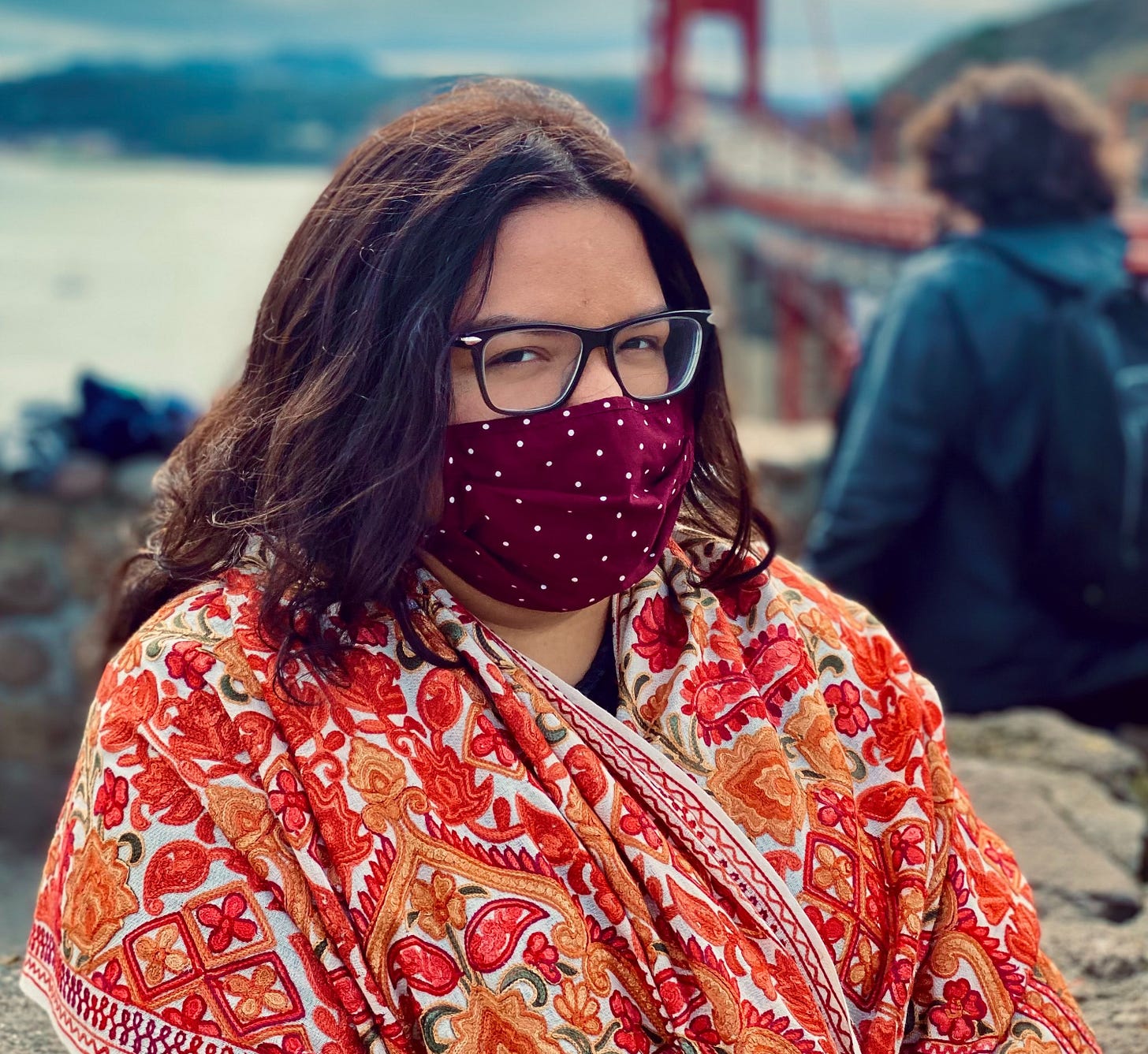3 Years On, What Is the Place of Simple Living in Our Post-Pandemic World?
Many of us said we would live a simpler existence from 2020 onwards. Did we manage it?
Keep reading with a 7-day free trial
Subscribe to This much I know to keep reading this post and get 7 days of free access to the full post archives.





